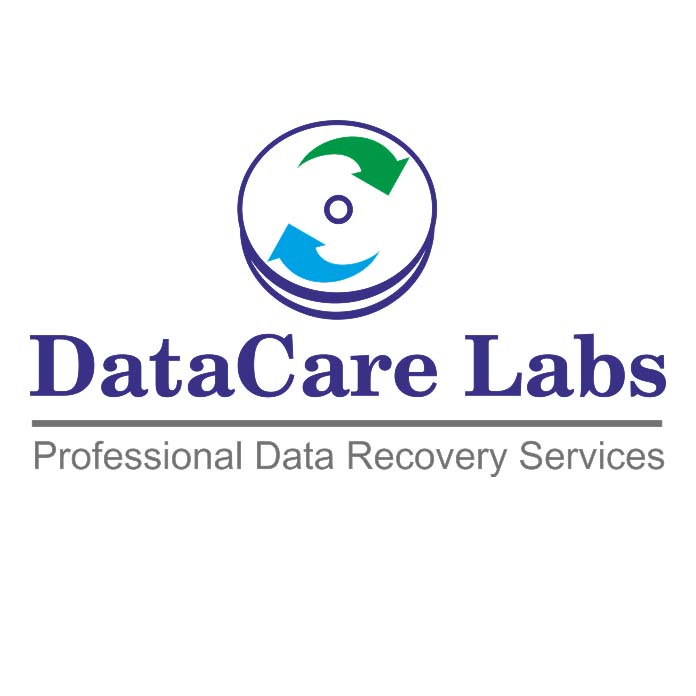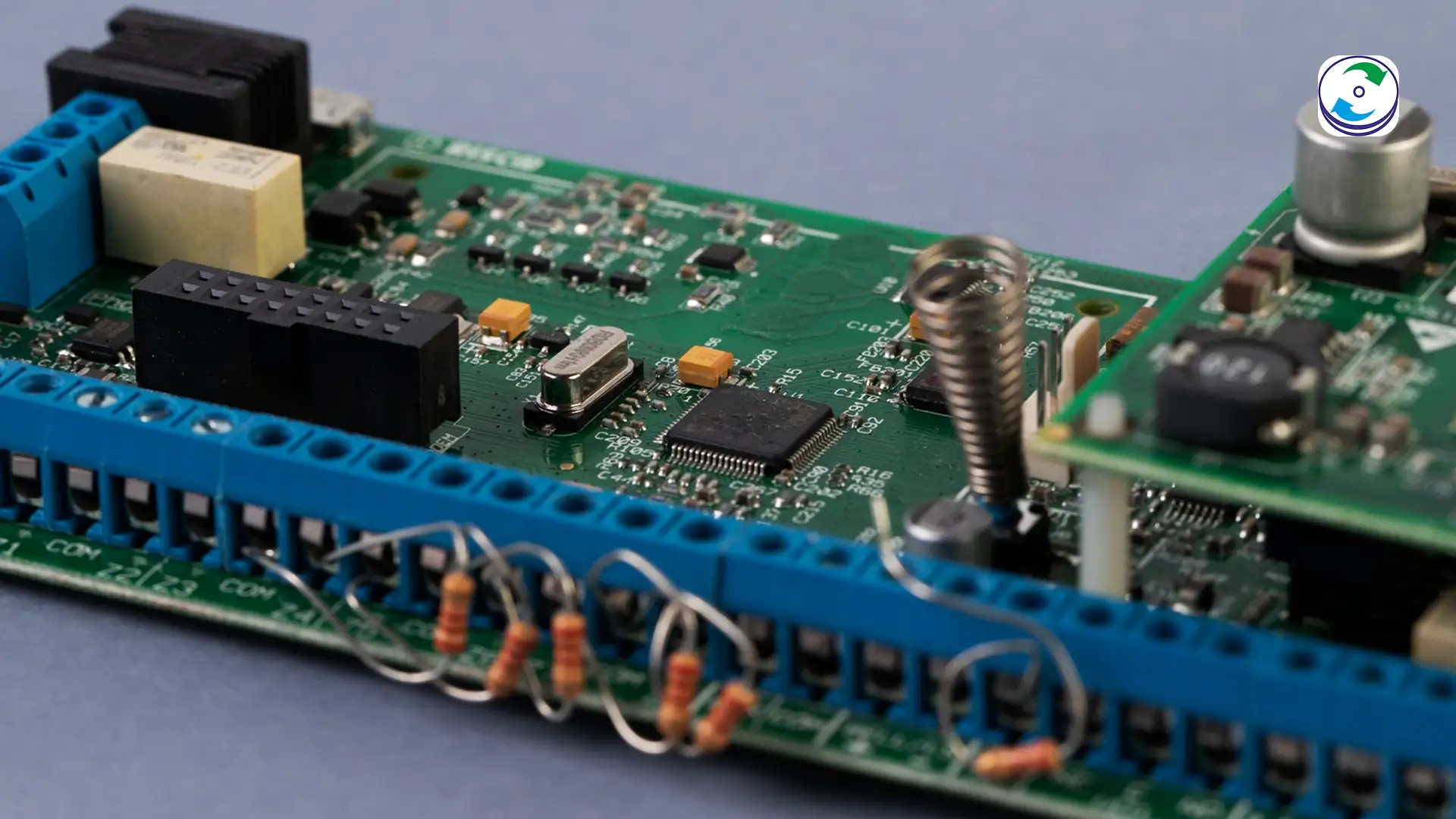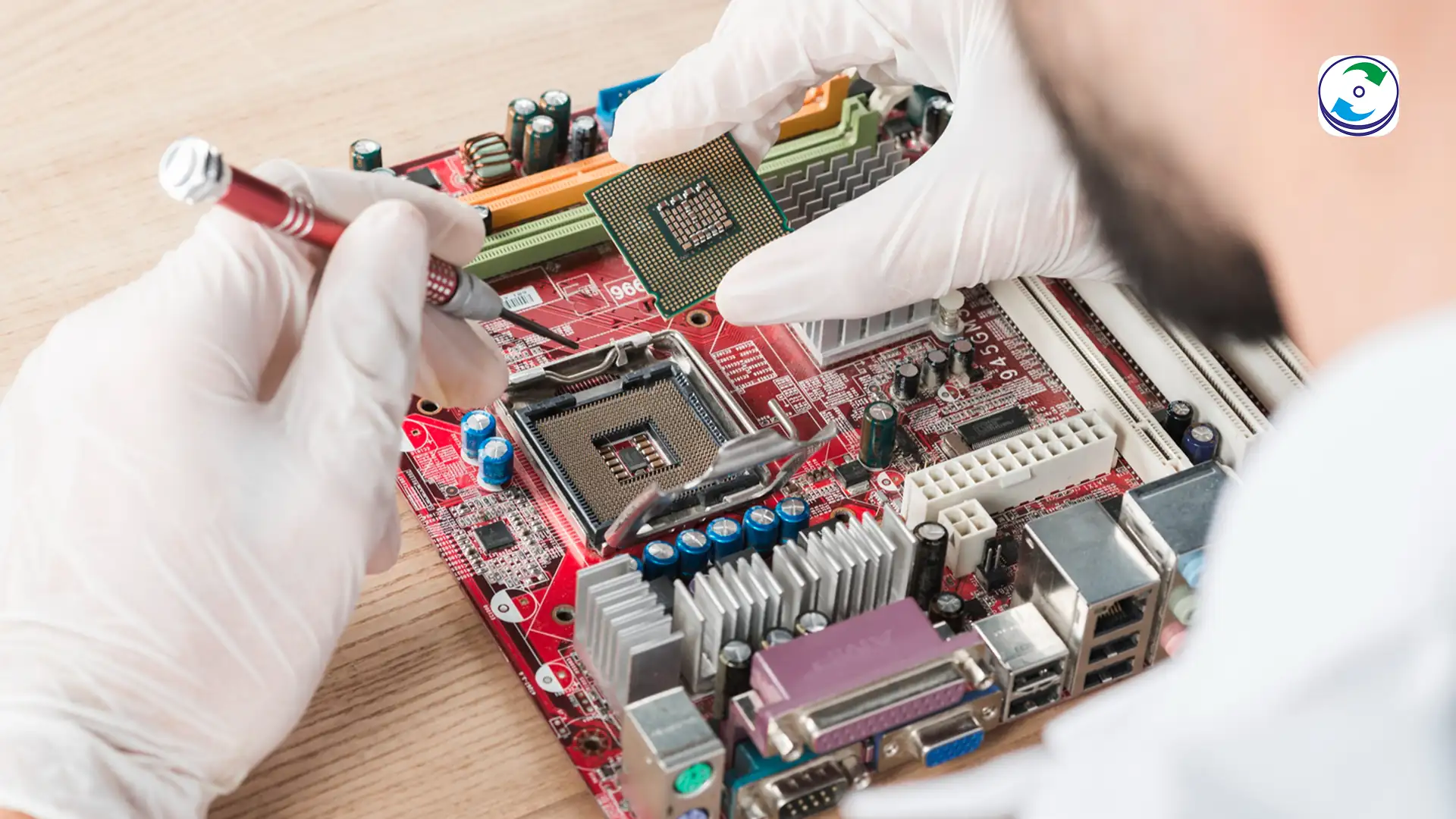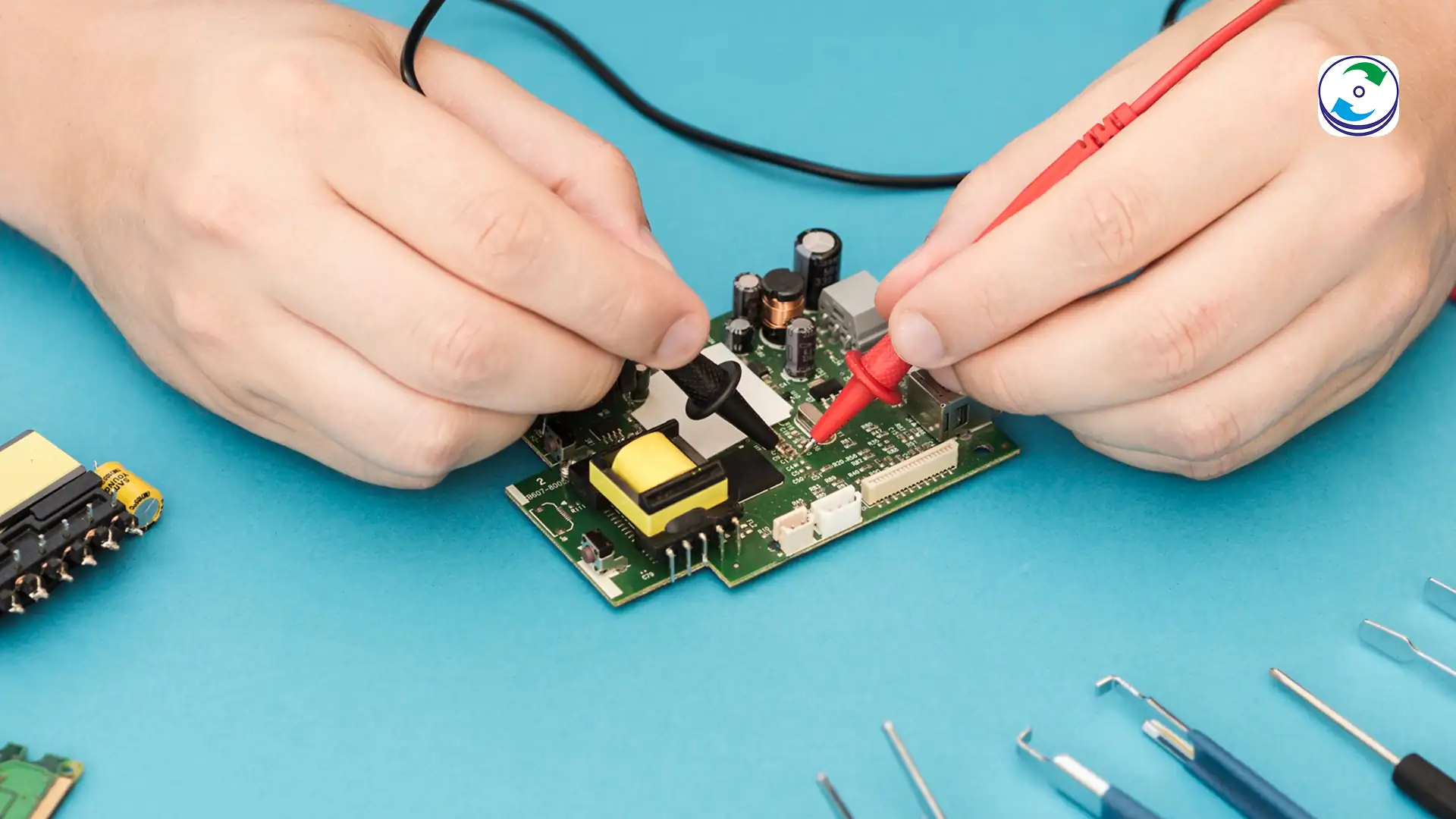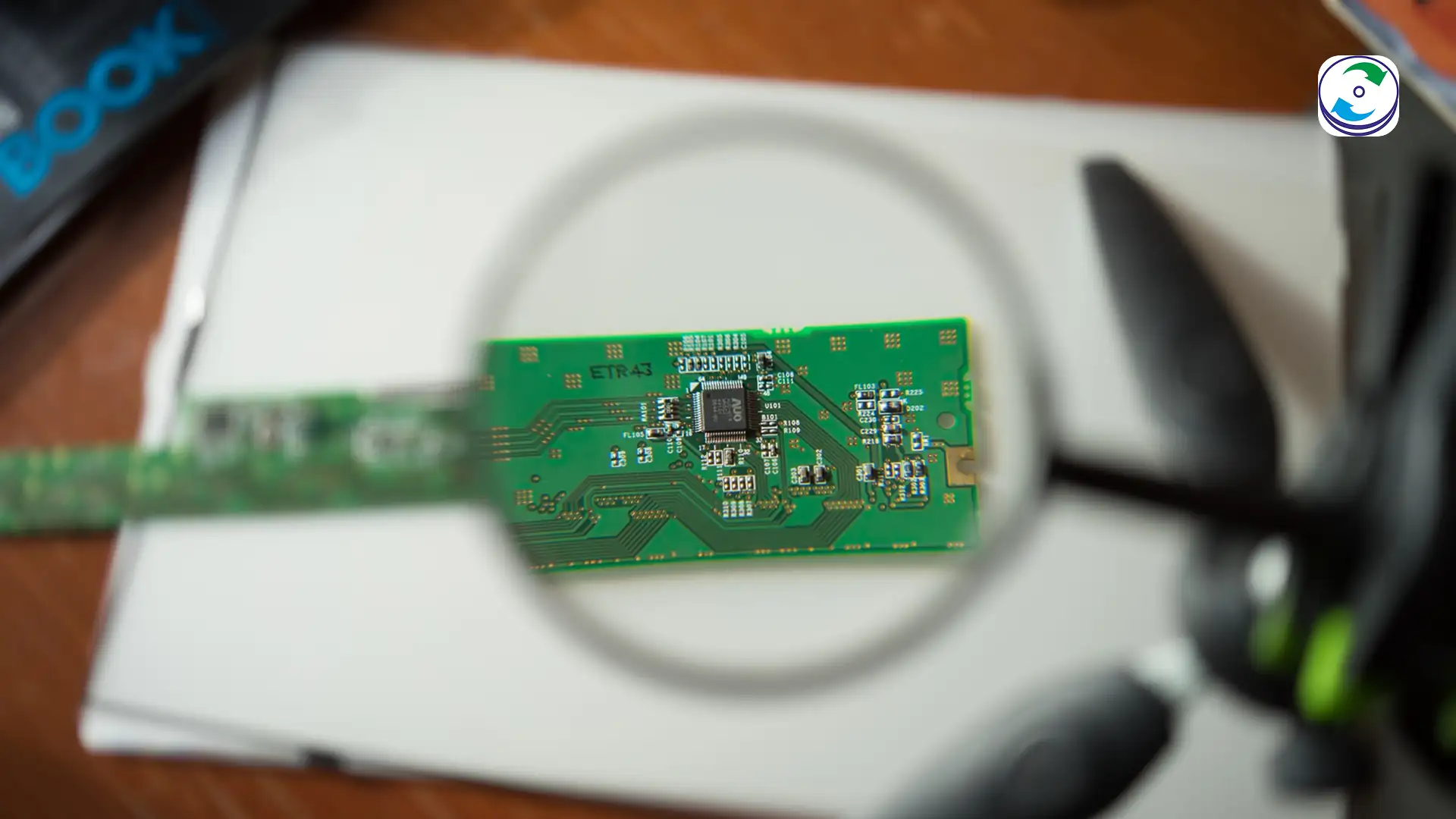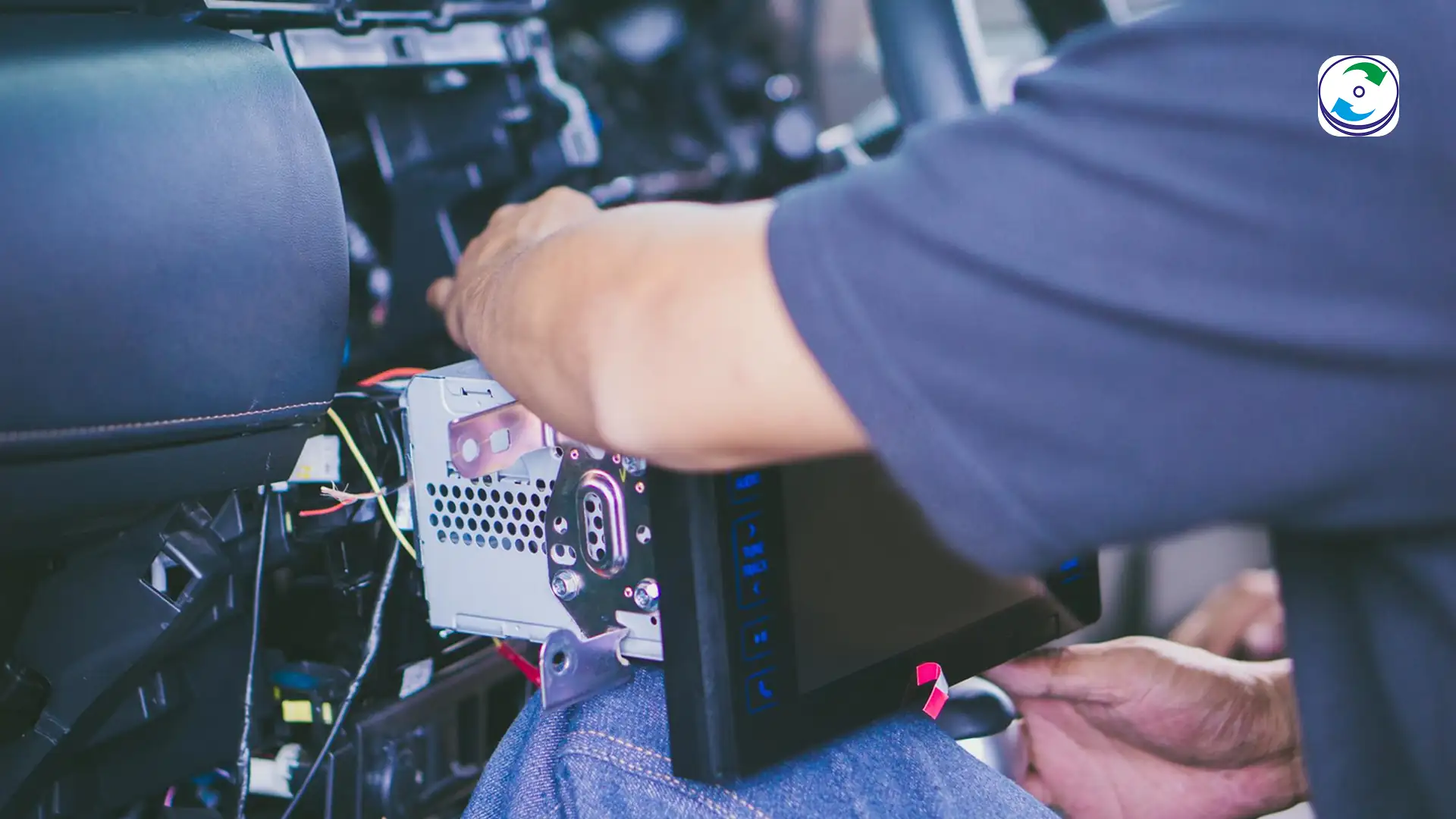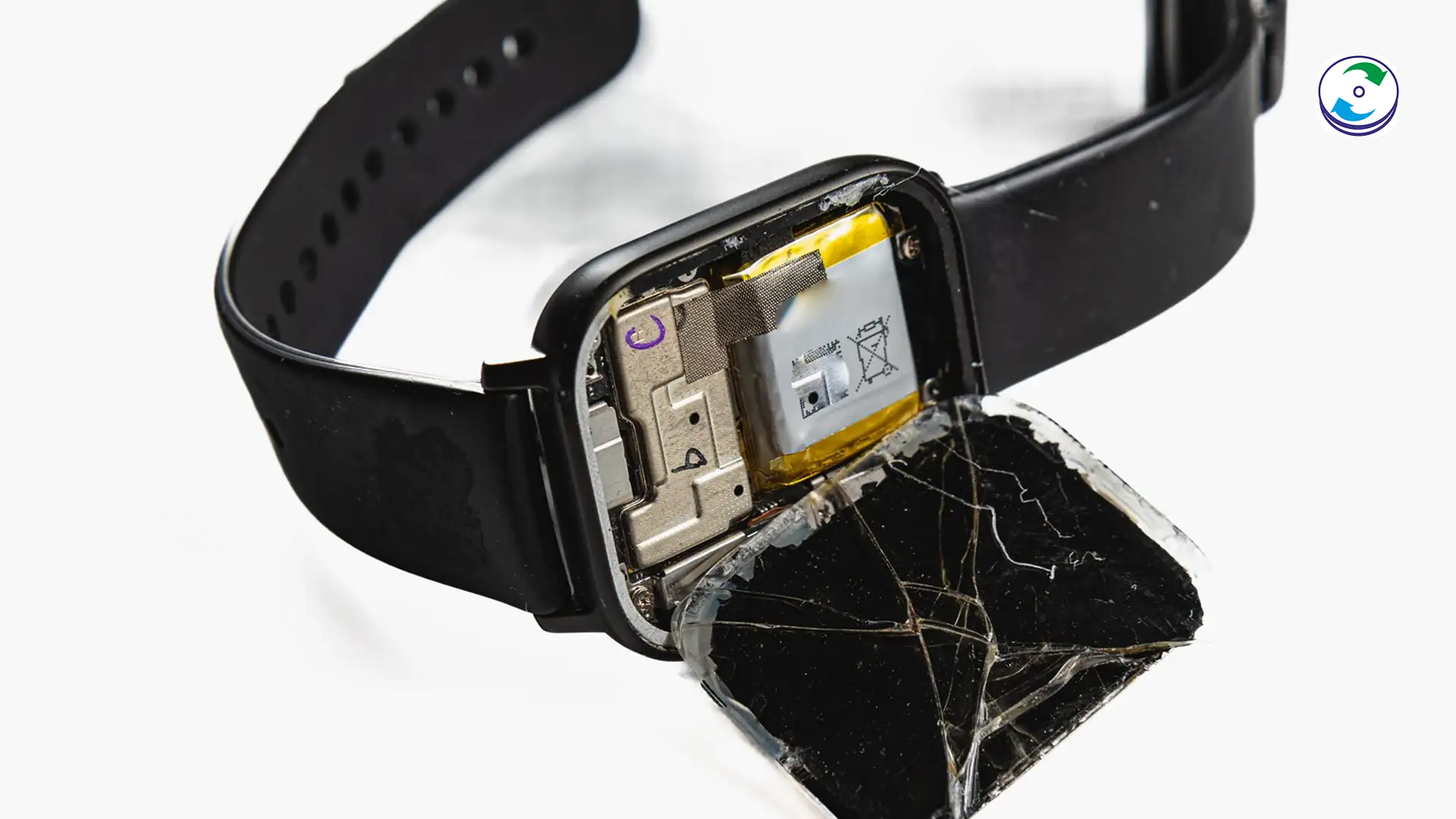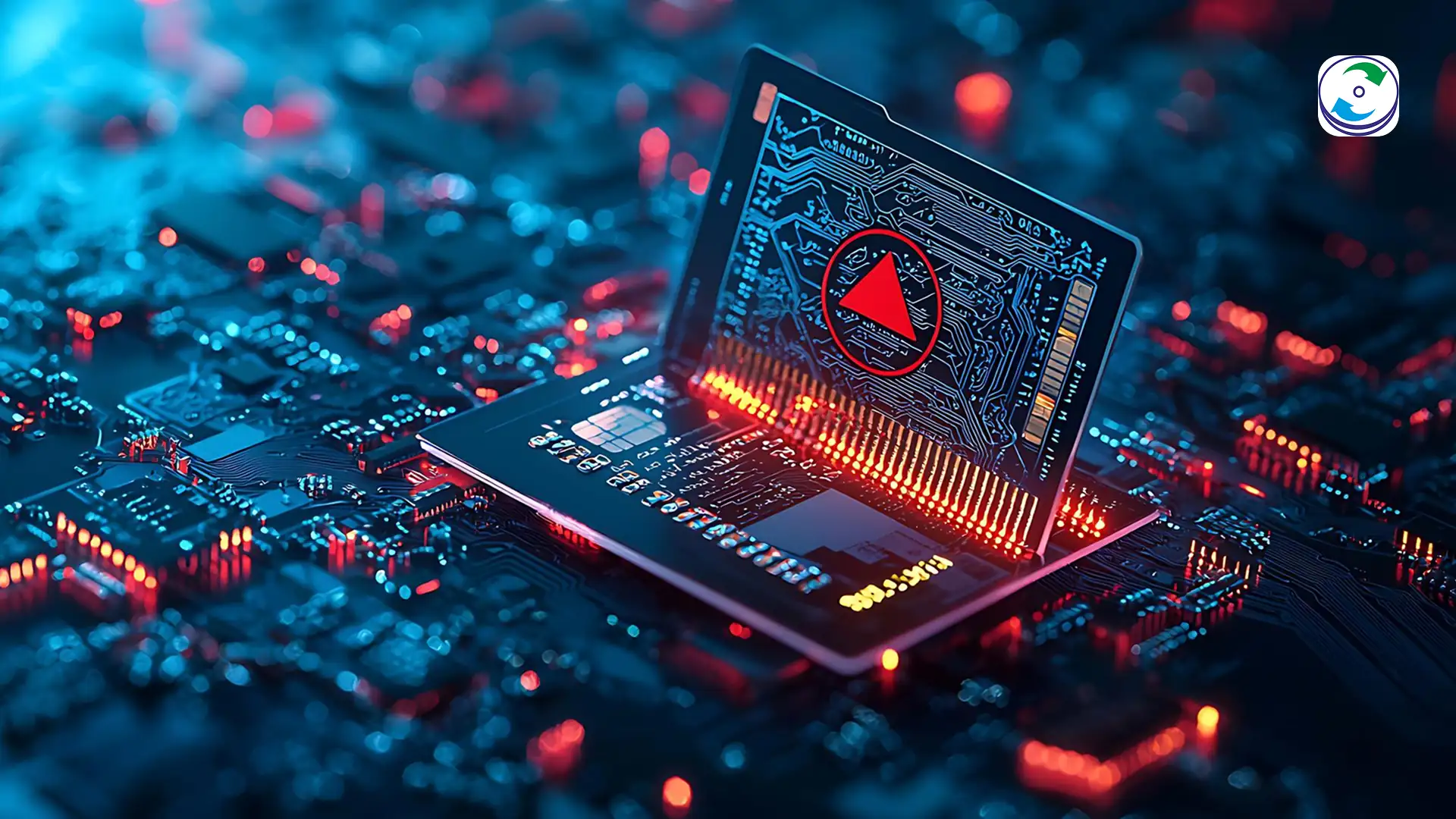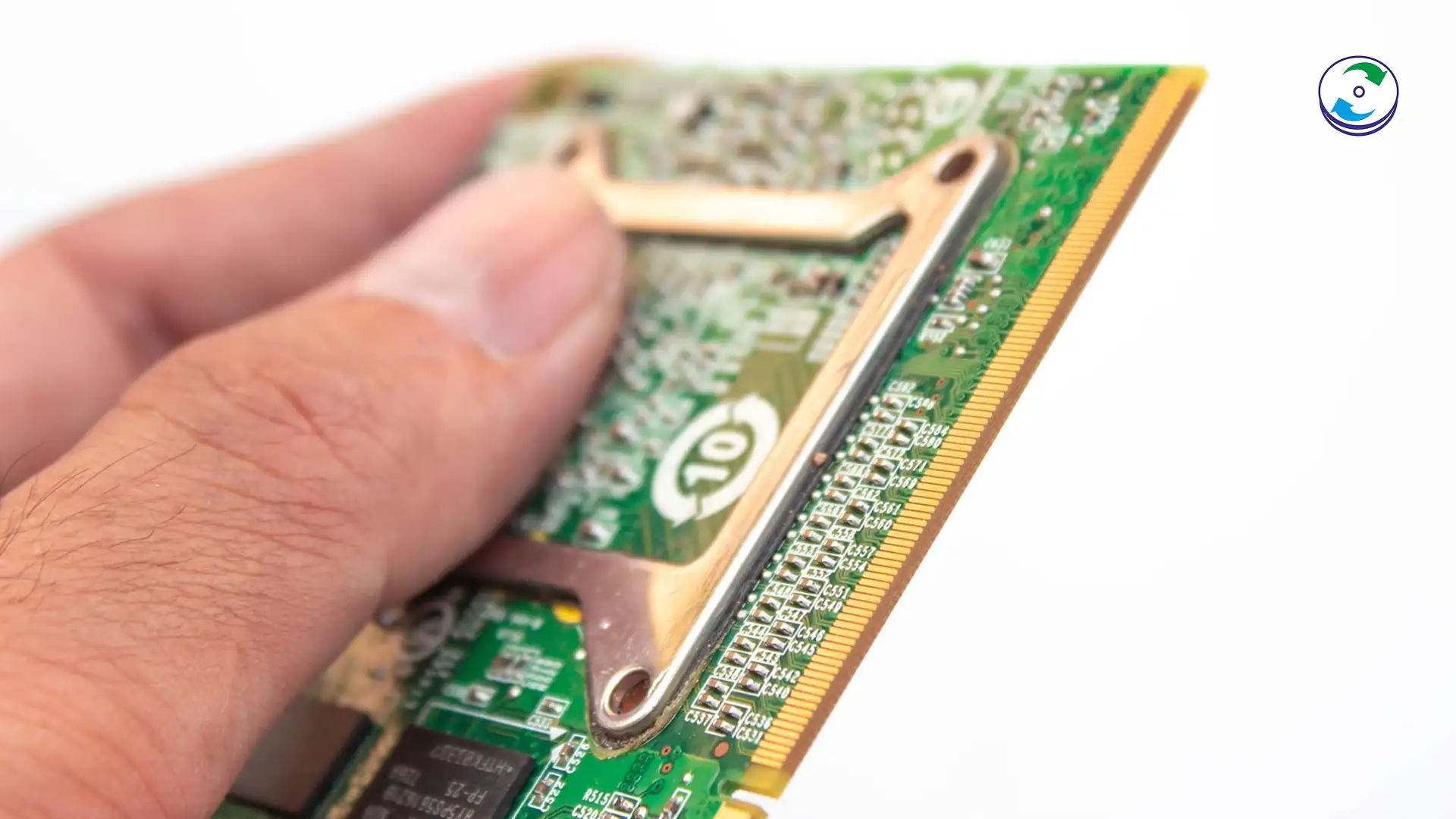How to Tell If Your Hard Drive Is Failing: The Key Warning Signs to Save Your Data
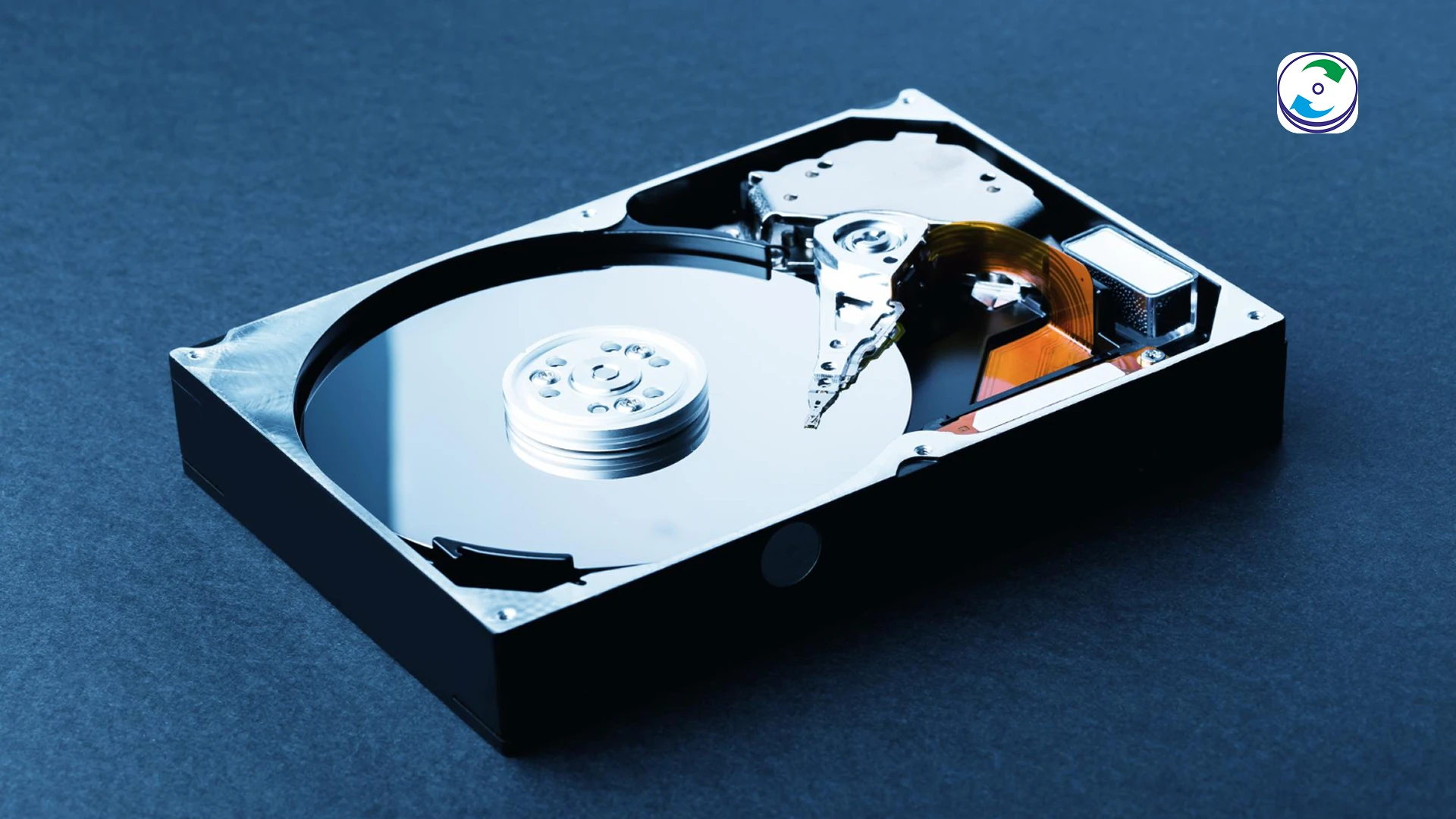
Introduction
Your computer has been a bit sluggish lately. A program freezes. A file you saved yesterday seems to have vanished. These small, frustrating issues are easy to ignore, but they could be the first, quiet warnings of a much bigger problem: your hard drive is about to crash. For anyone who stores valuable personal or professional data, from a student in Toronto to a business owner in Birmingham, a failing hard drive is a ticking time bomb.
Recognizing the key symptoms of a hard drive on its last legs is the single best way to prevent catastrophic data loss. Acting proactively can save you from the stress and expense of a full-blown data recovery emergency. This guide will walk you through the most common signs of an impending hard drive failure and provide a clear action plan to protect your data.
The Telltale Signs: Auditory and Visual Clues
A failing hard drive will often give you clues long before it dies completely. Pay close attention to these warning signs.
1. Strange Sounds
A healthy hard drive should be nearly silent, with only a faint hum or whirring noise. Any new or unusual sounds are a major red flag.
- Clicking or Grinding: This is often referred to as the “Click of Death.” It’s a terrifying sound that indicates the read/write heads are failing to find their proper position and are repeatedly attempting to reset, often scratching the platters in the process. This is a critical sign of a physical failure.
- Loud Whirring or Buzzing: This could signal a failing spindle motor or bearings, which are responsible for spinning the platters.
2. Frequent Crashes and Freezes
If your computer suddenly starts freezing, crashing, or rebooting for no apparent reason, a failing hard drive is a strong possibility. These issues often happen when you’re trying to access a file or run a program. A common symptom on Windows is the dreaded Blue Screen of Death (BSOD), while Mac users may experience the “spinning beach ball” for extended periods.
3. Corrupted Files and Folders
A failing hard drive struggles to read or write data correctly. This can lead to:
- Files that disappear or become unopenable.
- Strange or scrambled file names.
- Error messages when trying to move, copy, or save files.
This happens because the drive is encountering bad sectors—areas on the platters that are no longer able to hold data.
4. Extremely Slow Performance
Is your computer taking an unusually long time to boot up? Are simple tasks like opening a folder or launching an application taking forever? This could be a sign that the hard drive is struggling to read data due to bad sectors or a degrading head assembly.
A Proactive Approach for a Global Audience
These symptoms are universal, but your response should be tailored to your location and situation. In major tech hubs like London, Sydney, and Vancouver, where data is a primary business asset, proactive monitoring is key. Many modern hard drives come with a feature called S.M.A.R.T. (Self-Monitoring, Analysis, and Reporting Technology). While you can check a basic S.M.A.R.T. status in your operating system’s tools, a detailed report often requires third-party software.
The Best Action Plan: The Immediate “Do’s” and “Don’ts”
If you notice any of these warning signs, your immediate actions are crucial to preventing total data loss.
DO:
-
Stop Using the Drive Immediately: Power down the computer. If the hard drive is clicking or making grinding sounds, every second it’s on risks further physical damage.
-
Back Up Your Data: If the drive is still accessible, copy your most critical files to another external drive or a cloud service as quickly as possible. This is your best chance to save what you can.
-
Contact a Professional: For a drive that is making noise or failing to be recognized, professional data recovery is your only safe option.
DON’T:
-
Do NOT Run Repair Software: Running tools like “chkdsk” or “fsck” on a physically failing drive can cause irreversible damage as the software tries to write to compromised areas.
-
Do NOT Open the Drive: Hard drives must only be opened in a certified Class 100 Cleanroom to prevent microscopic dust from destroying the platters.
The Professional Solution: Why DataCare Labs Is Your Safety Net
When a hard drive shows signs of failure, it’s not a question of if it will die, but when. DataCare Labs offers a professional, risk-free solution for individuals and businesses across the UK, Canada, and Australia.
-
Free Pickup-Drop Services: We offer a free pickup and drop-off service for your device from your home or office. Whether you’re in the city of Manchester or a more remote part of Scotland, our couriers will ensure your drive reaches our lab safely.
-
“No Data, No Charges” Policy: We stand by our promise. If we are unable to recover your data, you will not be charged a recovery fee. This gives you complete peace of mind during a stressful time.
-
Expert Diagnosis and Recovery: Our experienced engineers can diagnose the root cause of your drive’s failure and use specialized tools and a Class 100 Cleanroom to recover your data without risking further damage.
Conclusion: Don’t Ignore the Warnings
Your hard drive’s warning signs are your final chance to prevent a data loss disaster. Don’t wait until it’s too late. The moment you suspect a problem, stop using the drive and seek professional help. DataCare Labs is your trusted partner, ready to help you recover your valuable data with convenience, expertise, and a no-risk guarantee.

